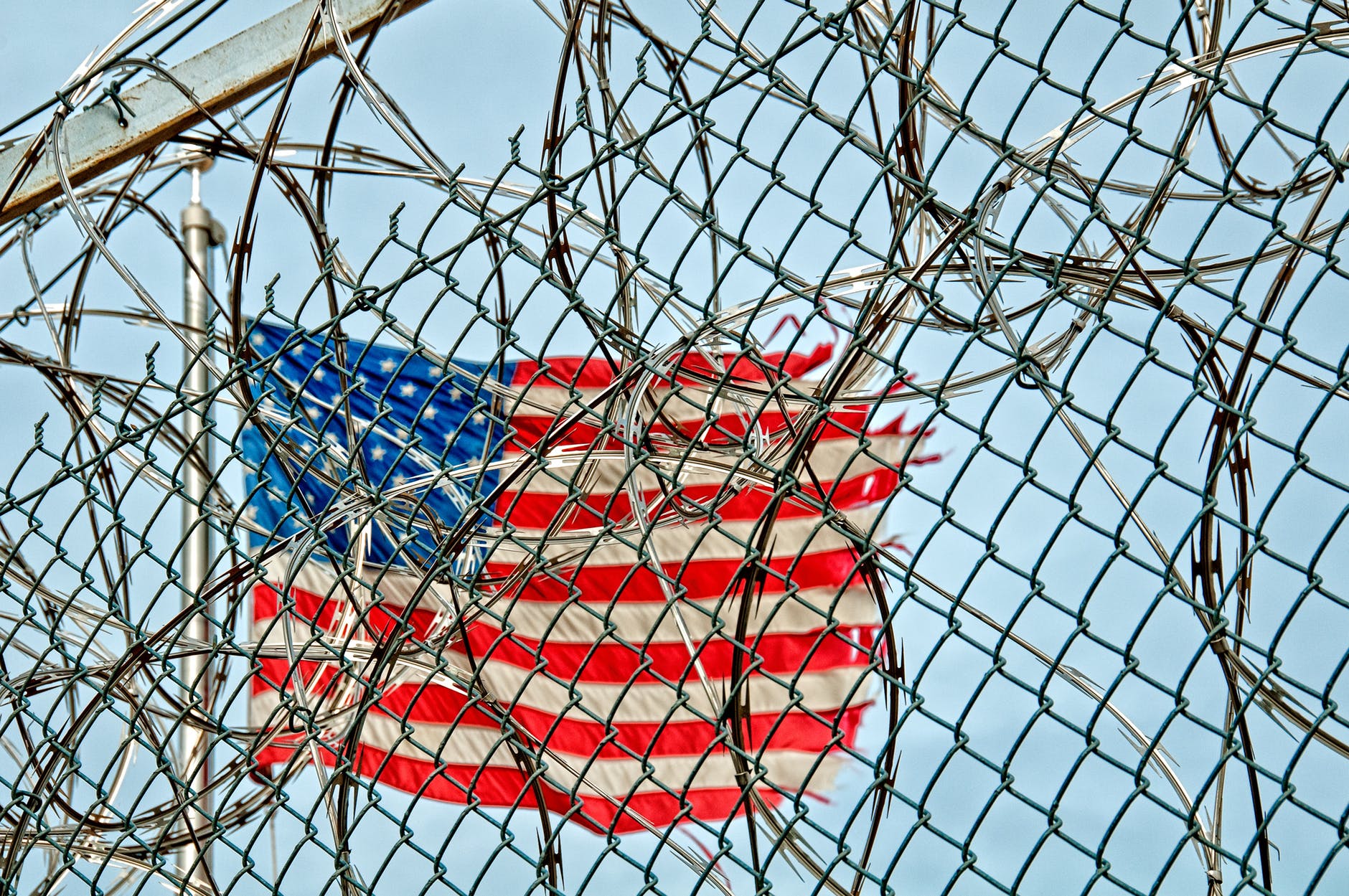A district judge had ordered that prisoners at elevated risk of dying from coronavirus be transferred to home confinement.
The U.S. Supreme Court refused a request made by the Trump administration to block a lower court’s order requiring enhanced coronavirus mitigation efforts at an Ohio prison.
According to USA Today, the low-security Elkton Federal Correctional Institution in northeast Ohio is likely to transfer many of its medically vulnerable inmates to non-secure facilities, such as residential confinement. As many as 837 inmates—over a third of the prison’s population of 2,5000–may be temporarily released.
While the Trump administration wanted the court to intervene against the mass transfer, the justices refused to act, “without prejudice to the government seeking a new stay if circumstances warrant.”
However, the court’s decision was not unanimous: The Washington Post notes that Justices Clarence Thomas, Samuel A. Alito Jr., and Neil Gorsuch would have granted the administration’s request, if possible.
Courts across the country have seen an uptick in lawsuits demanding that vulnerable inmates and detainees be temporarily released or provided with additional hygiene supplies and social distancing accommodations.

Elkton, says the Post, is among the worst-hit federal facilities in the country: one out of every four inmates who has been tested for coronavirus has the infection. Based on the risk posed not just to inmates but the wider community U.S. District Judge James Gwin had ordered prison officials to identify inmates who would be most likely to contract a serious form of coronavirus, were they to be infected.
“There is a continued risk of harm to others, including prison staff, if inmates remain in the prison and the virus continues to thrive among the dense inmate population,” Gwin wrote in an April ruling.
Gwin was forced to deliver another directive to Elkton in May, after corrections officials failed to carry out required health evaluations.
“By thumbing their nose at their authority to authorize home confinement, [officials] threaten staff and they threaten low security inmates,” said Gwin.
Federal appeals to the U.S. Court for the 6th Circuit fell flat, with the judges there declining to override Gwin’s ruling.
The Department of Justice’s Solicitor General, Noel Francisco, asked the Supreme Court to block Gwin’s “significant” order.
“A judicial order peremptorily requiring the removal of over 800 inmates from a federal prison based on an alleged Eighth Amendment violation—in the midst of a pandemic—presents extraordinarily significant questions and should not be imposed without this court’s review,” Francisco wrote.
“This extraordinary pandemic poses risks to those inmates, but it also poses risks to the population as a whole,” he said, adding that the Bureau of Prisons “has worked diligently to mitigate the risks at Elkton.”
In their response to the Trump administration’s request for immediate action, the Supreme Court found that the Justice Department was appealing only Gwin’s original order—not the May amendment, which directed corrections officials to expedite transfers.
“The government has not sought review of or a stay of the May 19 order in the U.S. Court of Appeals for the Sixth Circuit,” the Supreme Court wrote in an unsigned order. “Particularly in light of that procedural posture, the court declines to stay the district court’s April 22 preliminary injunction without prejudice to the Government seeking a new stay if circumstances warrant.”
Sources
Supreme Court refuses to block lower court order demanding action against coronavirus at Ohio prison
Supreme Court won’t stop Ohio order for prisoners to be moved or released because of coronavirus


Join the conversation!